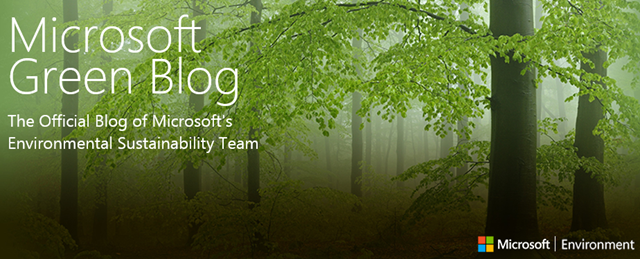The era of corporate silence on climate policy is ending – ‘Tackling climate change is one of America’s greatest economic opportunities’
By Andrew Winston
17 July 2013 (Harvard Business Review) – “Tackling climate change is one of America’s greatest economic opportunities.” So proclaims the Climate Declaration, a public statement signed by a fast-growing list of U.S. corporate giants, including GM, Nike, Intel, Starbucks, Unilever, eBay, Swiss Re, and even The Weather Channel. This new attempt to encourage companies to lobby for climate action is gaining steam. President Obama gave the movement a boost in June when he highlighted the declaration in his big climate speech. More companies are taking a proactive role in climate policy, and for good reasons. First, many of these corporate leaders believe that climate change is a risk today, not in some distant future. In the World Economic Forum’s Global Risks 2013 report, the respondents named “rising greenhouse gas emissions” as the third most likely risk to the global economy (after inequity and deficits/debt). There’s too much at stake for the private sector to sit this one out – or worse, to lobby against policy and government action (which is basically the mission of the government relations function in most companies). Second, it makes strategic sense to engage in the discussion now. As the impacts of climate change become even more evident, we will see calls for increased regulation to help us move away from carbon-emitting energy. Shouldn’t companies get involved now instead of waiting to see what governments come up with on their own? Third, the leading companies realize that coordinated climate action will be very good for our economy and well-being. The Climate Declaration, created by the NGO Ceres as part of its BICEP advocacy group, makes a simple case for action: Taking on climate change will save money, improve efficiency, and drive innovation, all of which will keep America competitive internationally. The declaration is not about specific policy prescriptions — that’s what BICEP is for — but more about bringing companies to the table to change the dialogue. As Ceres’ president Mindy Lubber told me, the declaration is “an entry-level point for a large number of companies to come in and say ‘climate is not a job-killing, regulation creating platform, but quite the opposite.'” In other words, we’re getting some of our corporate bigwigs on the record saying that building a clean economy is good for us. These companies can help change the conversation — they have significant clout and reach, not just in Washington, but also through their extensive employee networks (millions of people), supply chains (hundreds of billions of purchasing), and marketing and social media machines (millions of tweeters). Before getting too excited about the potential here though, we should humbly remember that the Climate Declaration and BICEP are not the first attempts to engage companies in climate policy advocacy. In 2007, Alcoa, GE, DuPont, Johnson & Johnson, Caterpillar, and other corporate giants formed the U.S. Climate Action Partnership (USCAP), led mainly by the NGO Environmental Defense. USCAP called for large reductions in emissions, but focused mainly on supporting a “cap and trade” program. When the climate bill featuring this policy failed to pass through Congress in 2010, USCAP became quasi-defunct. More recently, in 2011, a large group of mostly European companies, led by the Prince of Wales Corporate Leaders Group, signed the 2°C Challenge Communique. This statement asked the world’s governments to “break the deadlock on international negotiations” and enact policies that would hold global warning to 2 degrees Celsius. [more]
